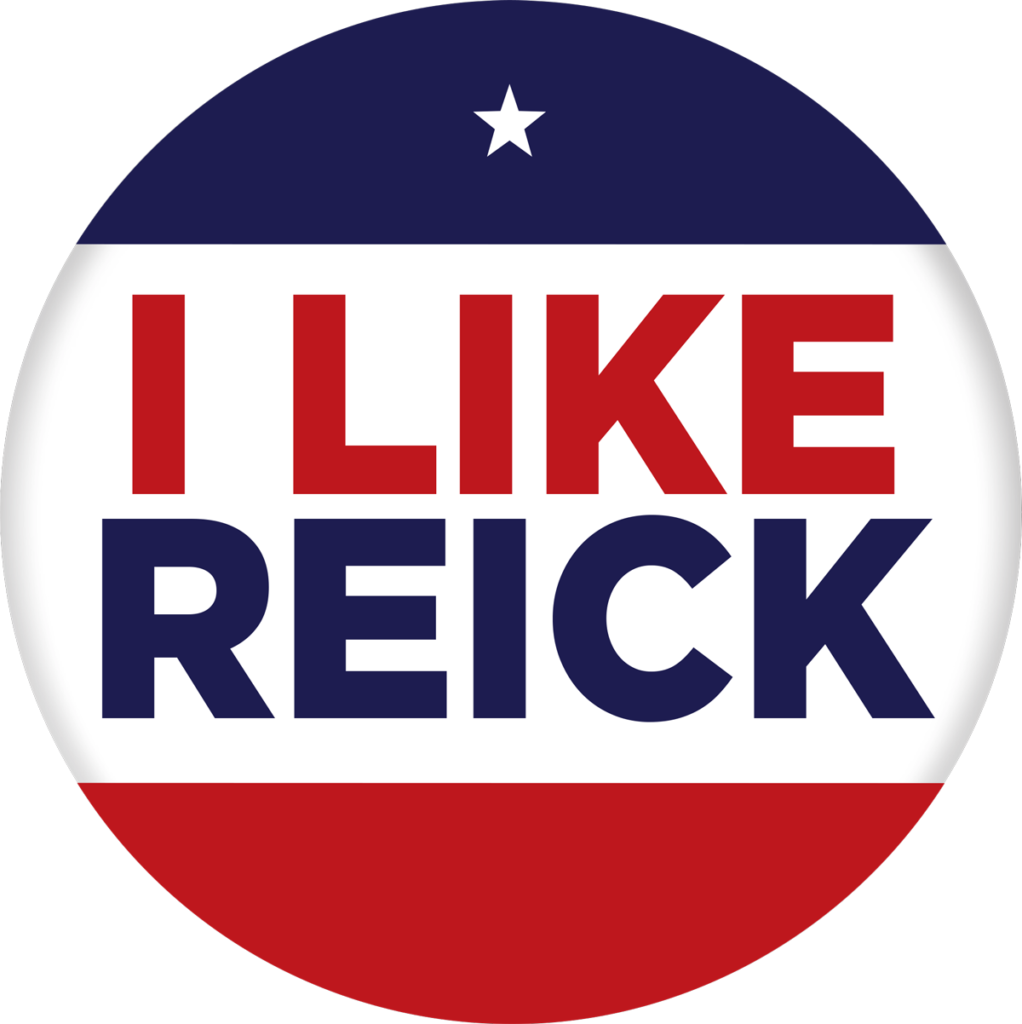OK, Mr. Speaker, the Ball’s in Your Court.

“The only thing the governor’s action advances is his own personal brand of cynical politics”
That might be the case if Bruce Rauner was the governor of Chicago, but he’s the governor of Illinois, with other constituencies to consider.
And this in today’s Tribune from my good friend Ralph Martire of the Center for Tax and Budget Accountability:
“CPS would have to tax itself locally and raise this revenue that it currently does not have access to. If CPS actually wants to have adequate resources to educate its kids, the governor’s approach would force it to pass a significant increase to its property tax, well over and above what it currently is.”

As it is, here’s the straight skinny on the major items in SB 1 changed by the governor’s veto:
- The Block Grant that SB 1 placed in CPS’ Base Funding Minimum is removed, thus allowing this $202 million to go through the new “Evidence-Based” funding formula to be distributed to school districts across the state.
- Removes $221.3 million for CPS pension normal cost and retiree healthcare from its Base Funding Minimum (hold harmless), and instead amends the Pension Code to provide a continuing appropriation for CPS normal and retiree healthcare costs. Therefore, CPS would still receive funding for its normal pension costs, but through the Pension Code and not a school funding formula, just like every other district in the state.
- Removes CPS’ ability to reduce its local revenue target by its self-imposed unfunded pension liability (“legacy cost”) which would result in even more state aid to CPS. Under SB 1, CPS’ available local revenue is artificially reduced by its legacy cost liability of $505 million, providing $40 million more in state aid to CPS. Due to the annual growth of CPS’ unfunded pension liability, this number would have grown substantially in future years.
- Under SB 1, no part of the current EAV of real property located in a TIF district which is attributable to an increase above the initial EAV of such property would be calculated in the district’s EAV for calculating the Local Capacity Target, which would allow school districts to under-report current property wealth. This provision is removed under the governor’s amendatory veto. (This is a biggie)
There were a number of other changes made to SB 1 to return school funding reform to the original spirit of the report issued by the Illinois School Funding Reform Commission and its commitment to promote equity and adequacy statewide. For instance:
- Where the Commission unanimously recommended a per-pupil hold harmless, SB 1 fixed a per-district hold harmless in perpetuity. By freezing all districts’ base funding at an arbitrary moment in time, it limited the state’s ability to reflect fluctuations in enrollment and better target available money to students in need.
- SB 1 includes a regionalization factor but places an artificial floor on it, driving up costs and exacerbating our state’s already-significant distance from adequacy.
- SB 1 also established an unsustainable minimum funding level that, if not met, would trigger a shift of all new state resources to Tier I districts at the expense of Tier II districts.
All in all, while the bill as amended doesn’t go far enough to provide for substantive property tax relief, it’s a vast improvement over SB 1, and I’m firmly in the camp which will vote to uphold the governor’s veto. Now let’s see if the Senate and the Speaker will let us do that.

Chicago has chosen not to levy property taxes beyond the means of its community.
Property tax rates in Chicago are below 2.5% of fair market home value.
Woodstock Il has chosen to levy property taxes beyond the means of its community.
Property tax rates in Woodstock IL are above 4% of fair market home value.
Property VALUES in Chicago Il have recovered pre-recession values, and new high-end development is occurring.
Property values in Woodstock Il are about equal to property values 20 years ago, and no development (other than subsidized low income housing) has occurred since the recession.
Chicago COULD levy the money they want as a property tax, but understand that so doing and crashing real estate values brings worse troubles, as evidenced by Woodstock history.